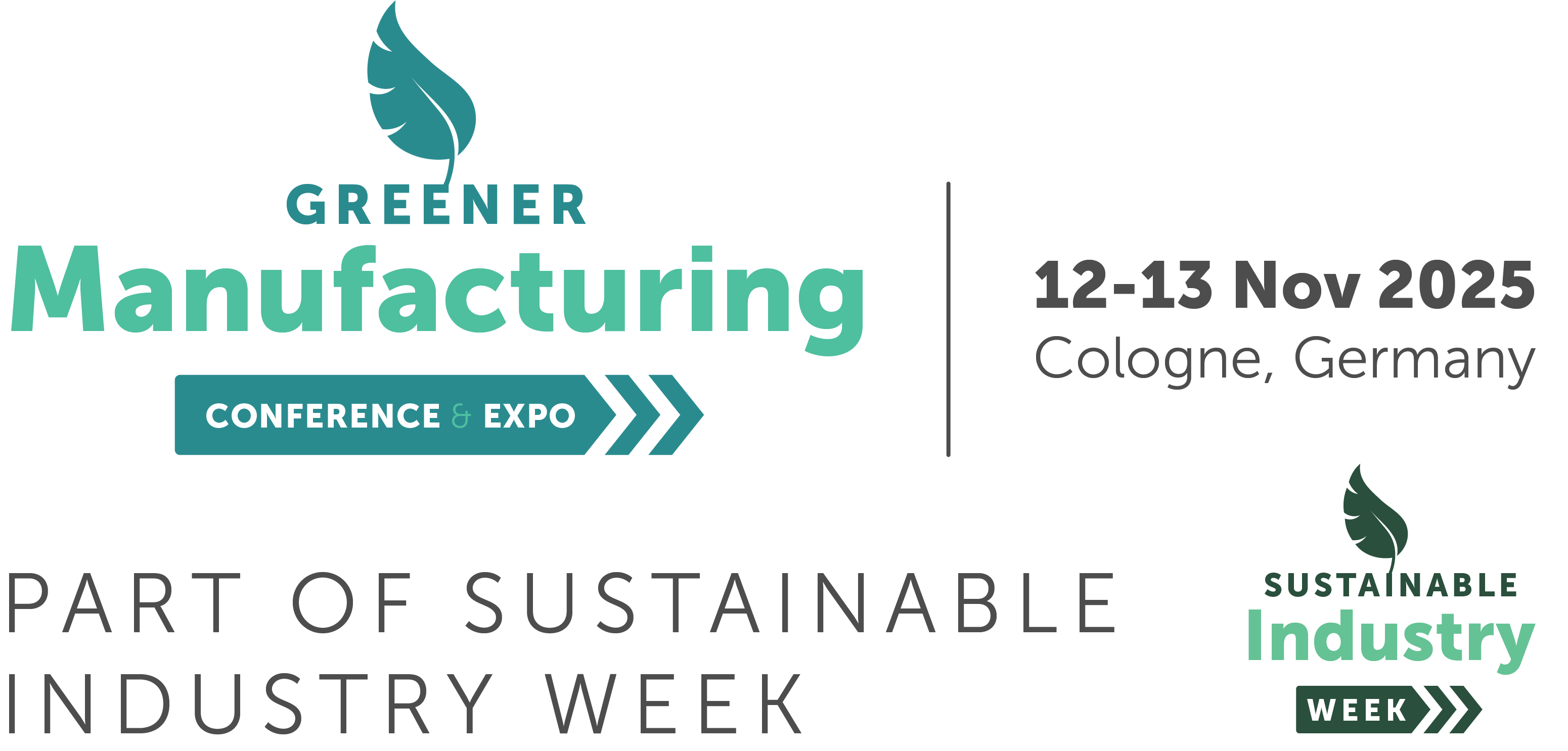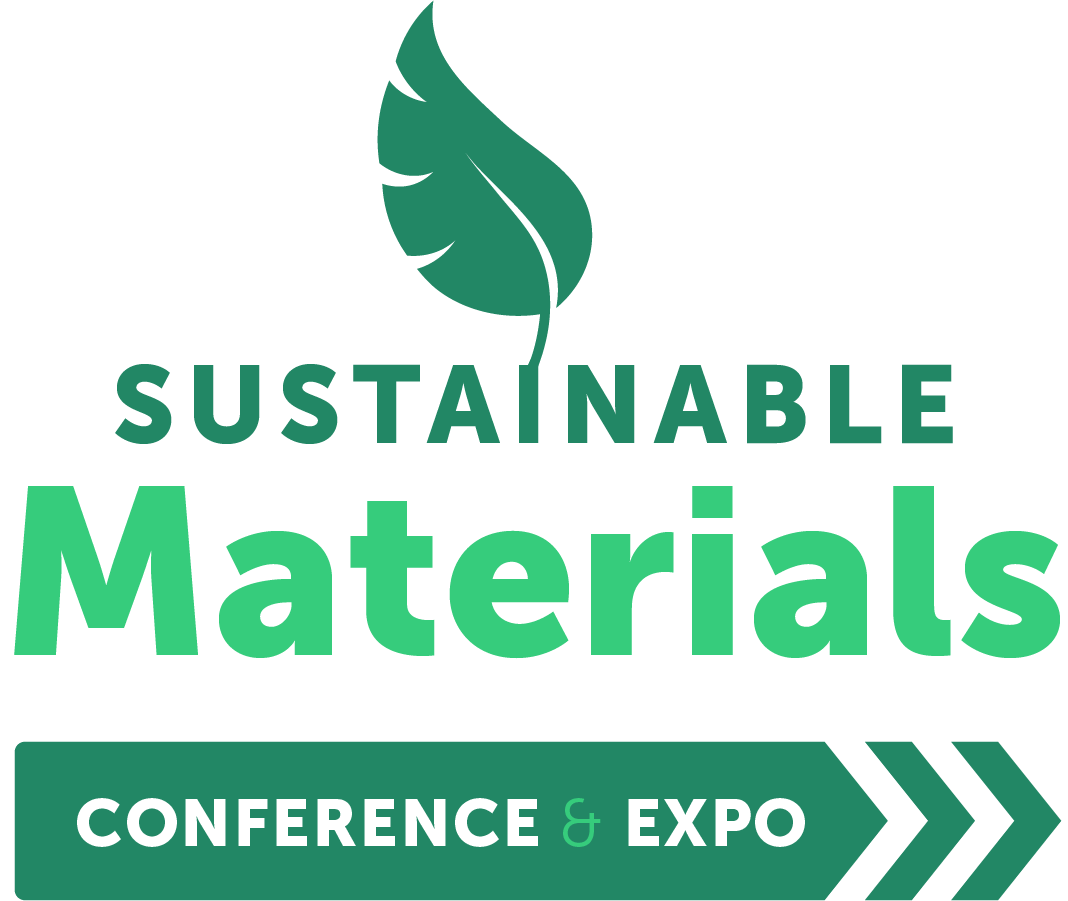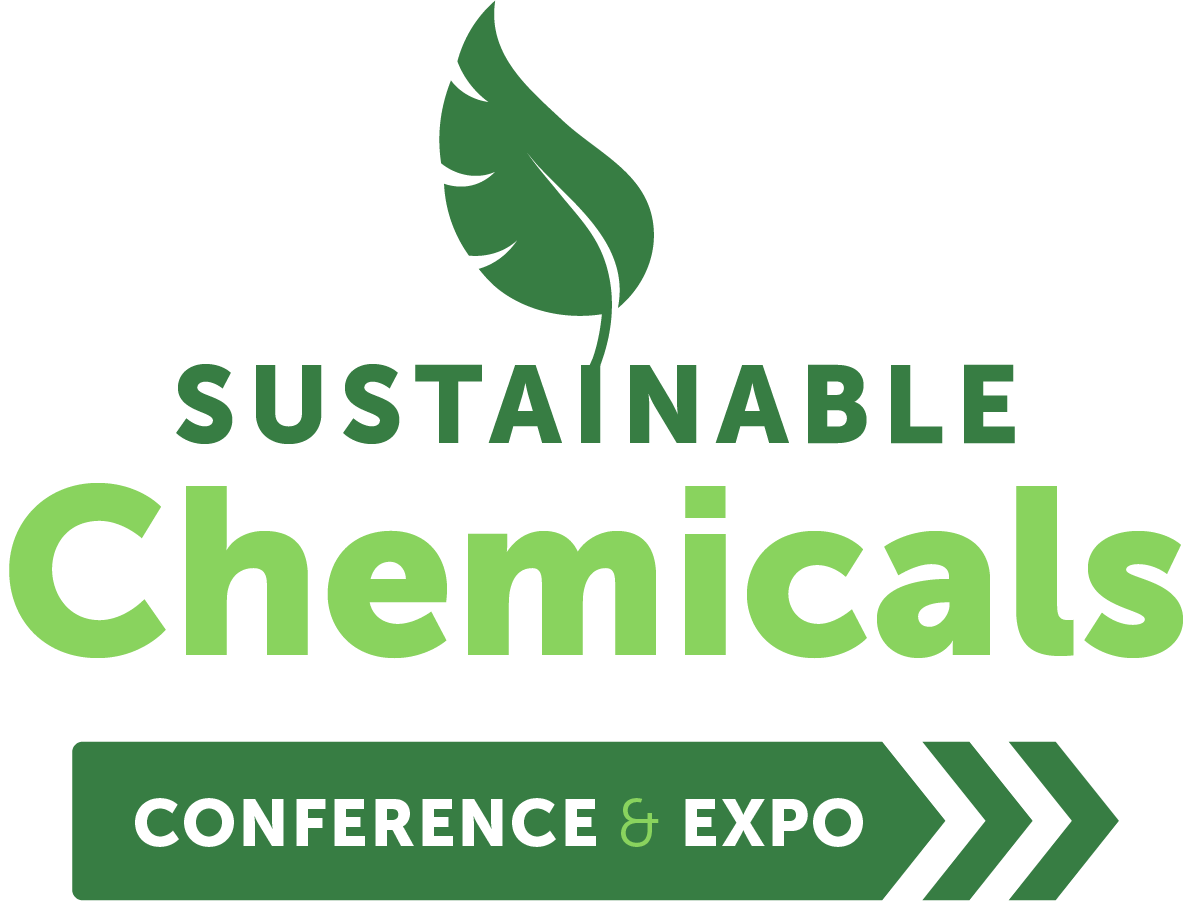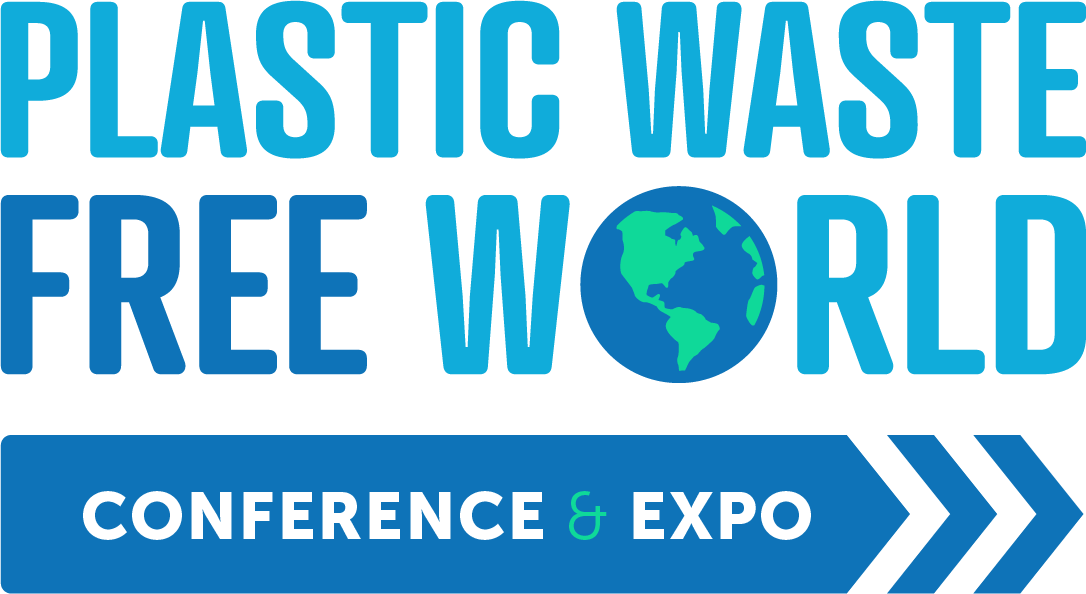Biolive has started using olive pits to make plastics
)
The company that is in charge of this project, started out as a university exercise within an entrepreneurship class and from there it developed into a business that is currently focused on creating plastics from olive pits.
At the beginning, at Istanbul Technical University, a trio met and from there, seven years later, they have created a commercial-scale operation. This operation recycles olive pits and transforms them into bioplastics which are then able to be used in a multitude of products.
Ahmet Ayas is sales manager and co-founder of the Istanbul-based company, Biolive Biyolojik ve kimyasal teknolojiler san tic a.s and he commented, ‘The company has a current capacity to handle about eight hundred metric tons, or 880 short tons, of pits each month. Current production is around 250 tonnes, so there is room for the company to grow into the facility.’
So far, Biolive has started to create relationships with olive processors and in doing this the company has been able to save a large number of pits that were being directed towards being burned for fuel, or alternatively, buried as waste so that they can then be used as a raw material.
Gathering pits in this way is just the start of the company’s extensive supply chain, as in Turkey alone, Biolive has said that there are an estimated 500,000 tonnes of olive pits produced on a yearly basis. Once figures from around the world are factored in, that makes this number rapidly increase to six million tonnes. Therefore, Biolive has an 800-tonne monthly capacity and on top this, has more than enough access to plenty of raw materials, fulfilling all of the company’s needs and it still has room to grow.
Whilst Biolive is predominantly focused on promoting sustainability through reusing olive pits with the intention of replacing petroleum-based plastics, the company is also focused on promoting the benefits of using its material. One of these benefits is the excellent energy savings that have occurred because of their material, as it is possible to reduce processing temperatures by around 25-30 degrees. By doing this, it ultimately lowers the carbon footprint of the production process.
The co-founder commented, ‘A specialized process using temperature and pressure transforms the pits into a material that can then be used to make bioplastics, which can then be used on their own or in conjunction with other traditional plastics to increase sustainability.’
Ayas also mentioned, "We have some pressure- and temperature-based reactors. At first, we destroy pits, pits parts, and we are making [a] kind of new material. ... What is the result of this? It's kind of mostly cellulose-based materials but not cellulose because materials are very suitable for other plastics."
Ayas added, "Everybody is asking, 'Do you have enough olive pits?' I can easily say, yes we have. Turkey is one of the biggest producers of olives."





